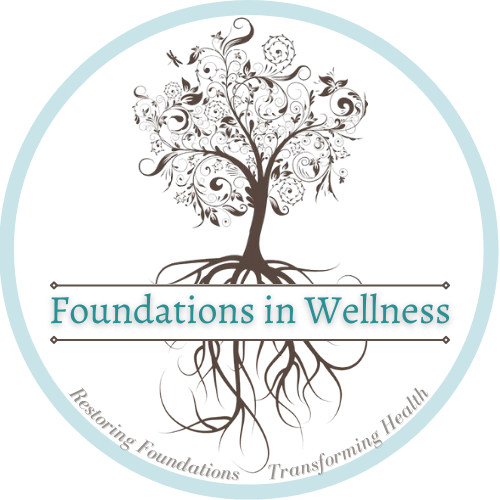Introduction
The vagus nerve, a pivotal component of the parasympathetic nervous system, plays a crucial role in managing the body’s rest and digest functions. Its extensive influence on bodily functions—including digestion, heart rate regulation, and mood stabilization—makes it a key focus for anyone interested in improving both mental and gut health. Optimizing the function of the vagus nerve can have profound effects on overall well-being, helping to mitigate stress, enhance digestive health, and improve emotional balance.
Deep Breathing and Meditation for Vagal Activation
Deep breathing exercises are a simple yet powerful way to stimulate the vagus nerve. Techniques such as diaphragmatic breathing encourage a slower, more controlled respiratory rate and increase the amplitude of respiratory sinus arrhythmia, thereby enhancing vagal activity. This practice helps reduce the heart rate and blood pressure, initiating a relaxation response throughout the body.
Similarly, meditation has profound impacts on the vagus nerve by promoting relaxation and enhancing parasympathetic tone. Various forms of meditation, including mindfulness and guided imagery, have been shown to improve measures of vagal tone, reduce stress, and even enhance immune function. Regular meditation can help recalibrate your stress response, making you more resilient to daily stressors (Johnson & Lee, 2022).
Yoga: Integrating Body, Mind, and Nerve Function
Yoga, which integrates physical postures, breath control, and meditation, actively stimulates the vagus nerve. It enhances gastric motility and secretion, crucial for effective digestion and gut health, through its physical postures that massage internal organs and its breathing practices that activate the parasympathetic system. Studies suggest that regular yoga practice can lead to significant improvements in digestive health, mental clarity, and emotional stability by consistently engaging and strengthening the vagus nerve (Williams et al., 2023).
Cold Exposure: Triggering the Vagus Nerve
Exposure to cold, either through cold showers, ice baths, or outdoor activities in cold weather, robustly activates the vagus nerve. This activation leads to an increased parasympathetic response, which can enhance mood, lower stress levels, and boost metabolic rate. The initial shock of cold exposure sends signals through the vagus nerve, increasing its tone and improving its ability to manage stress and inflammation.
Nutritional Strategies to Support Vagal Health
The foods we consume play a significant role in the health of the vagus nerve, particularly through the gut-brain communication pathway. Nutrients that enhance this communication, such as omega-3 fatty acids, found in fish, flaxseeds, and walnuts, are particularly beneficial. Omega-3s are known to reduce inflammation and support cognitive function, thus indirectly supporting vagal activity.
Foods rich in antioxidants, such as berries, nuts, and leafy greens, can protect the nerve cells from oxidative stress, thereby supporting the overall health of the nervous system, including the vagus nerve. Additionally, magnesium-rich foods like spinach, chard, and pumpkin seeds can help regulate neurotransmitter function, which is crucial for vagus nerve function and overall parasympathetic tone.
Probiotics and Gut Health
The gut microbiome and its health directly impact the function of the vagus nerve. Probiotics, either through supplements or fermented foods like yogurt, kefir, sauerkraut, and kombucha, can significantly enhance gut health and, by extension, vagus nerve function. These beneficial bacteria can produce neurotransmitters and signaling molecules that affect gut-brain communication, enhancing the regulatory capacity of the vagus nerve (Martinez & Brown, 2021).
Lifestyle Modifications for Vagal Tone Improvement
Regular physical activity, especially activities that involve relaxation and deep breathing such as Tai Chi and Pilates, can also stimulate the vagus nerve. Moreover, establishing consistent sleep patterns helps regulate circadian rhythms, which can optimize vagus nerve function.
Managing stress through techniques such as progressive muscle relaxation, biofeedback, or even engaging in hobbies can further enhance vagal tone. Stress management is crucial as chronic stress can significantly dampen vagus nerve activity, leading to a variety of health issues.
Conclusion
The vagus nerve is integral to maintaining a balance between the body’s sympathetic and parasympathetic systems, influencing everything from mental health to digestion. By adopting practices such as deep breathing, meditation, yoga, dietary adjustments, and cold exposure, one can significantly enhance the function of the vagus nerve. These strategies not only improve physical health but also bolster mental and emotional well-being, illustrating the profound impact of the vagus nerve on overall health. As we continue to unravel the mysteries of this crucial nerve, integrating these practices into daily life can lead to lasting health benefits and an improved quality of life.


